How to Manage and Support Colleagues Through Bereavement at Work
It’s the situation that nobody ever wants to be in, but take a minute and imagine yourself there: You’ve just lost a loved one.
You’re suddenly burdened with shock and grief. You’re overwhelmed by the logistics of honoring final wishes, filling out paperwork, and planning arrangements. In between it all, you manage to find a minute to let your employer know that you’ll be out of office for a bit.
Like anyone would, you hope that the message is met with nothing but unwavering support and encouragement. Don’t worry about anything work-related – we have it all covered . After all, the last thing you want is for your phone to keep buzzing, your inbox to fill up with requests and meeting invites, and to feel anxious about the security of your position and your income.
Here’s the truth: As a manager or an employer, you’re likely to encounter a grieving employee at some point. It’s a sad reality, but it is crucial to be prepared to support them through the loss of a loved one and guide them through bereavement at work (without adding any stress to their already-full plates).
What is bereavement leave?
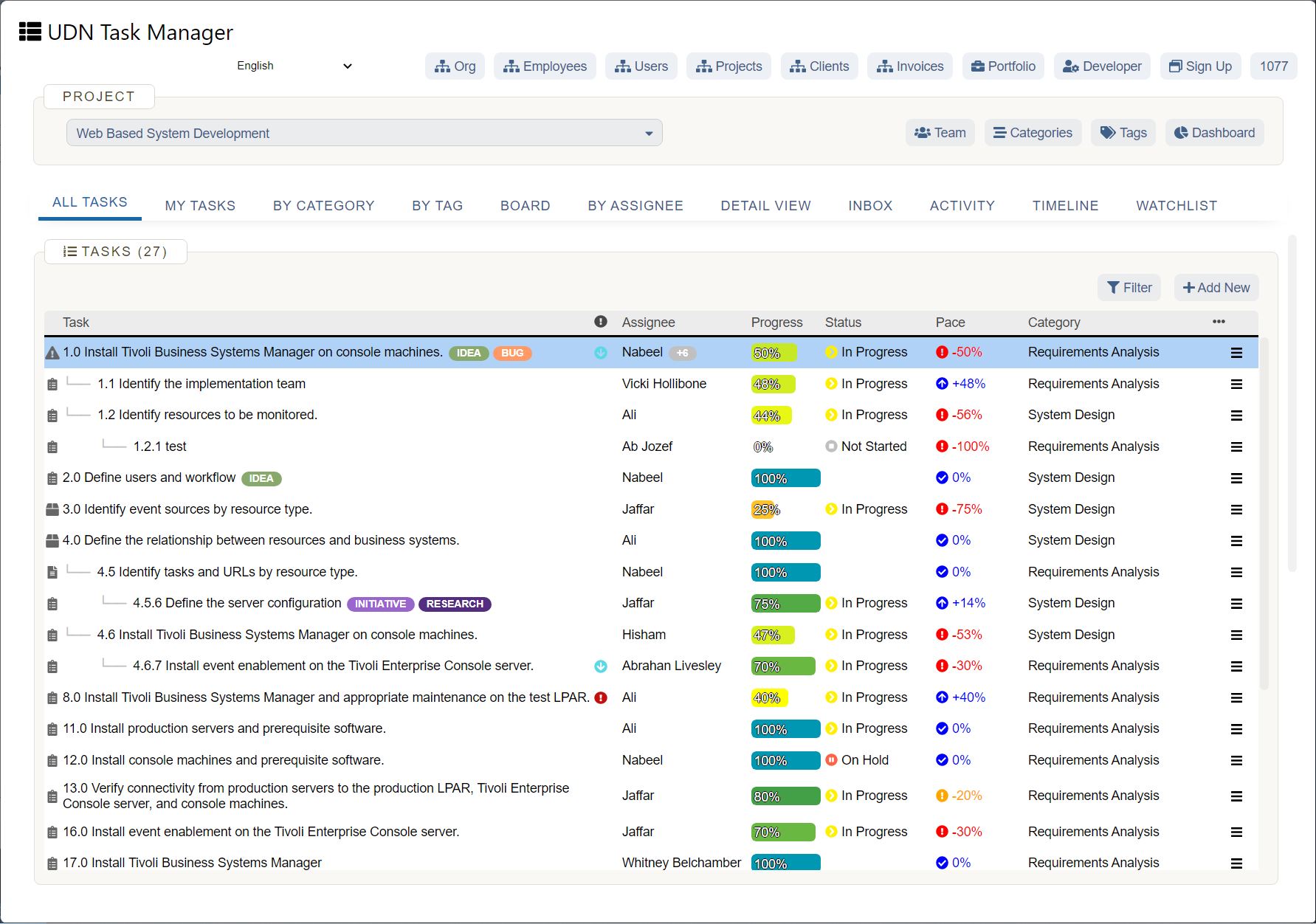
Bereavement leave is a specific type of leave that employees can take following the death of a loved one. Employees might use bereavement leave for various reasons, including making funeral arrangements, attending a funeral, taking care of family members, and working through the grieving process.
Many large companies and organizations document official bereavement leave policies outlining the support available to a bereaved employee. A bereavement leave policy outlines and establishes guidelines for providing paid time off to employees for absences related to the death of a loved one. Policies and procedures vary across organizations, but many employers generally offer this benefit to their employees to some degree. Some smaller companies may choose to work with employees on a case-by-case basis and address these situations as they arise in place of a more formal policy.
No matter your organization’s size or what your bereavement leave looks like, grief can be challenging to navigate . Conversations around death and loss can be tough to have with your employees, but supporting your employees through these situations is non-negotiable.
In this guide, we’ve rounded up some helpful ways to discuss bereavement leave, how to support a grieving employee, and why communication should always remain front and center when times get tough.
What should you do when an employee tells you about a death?
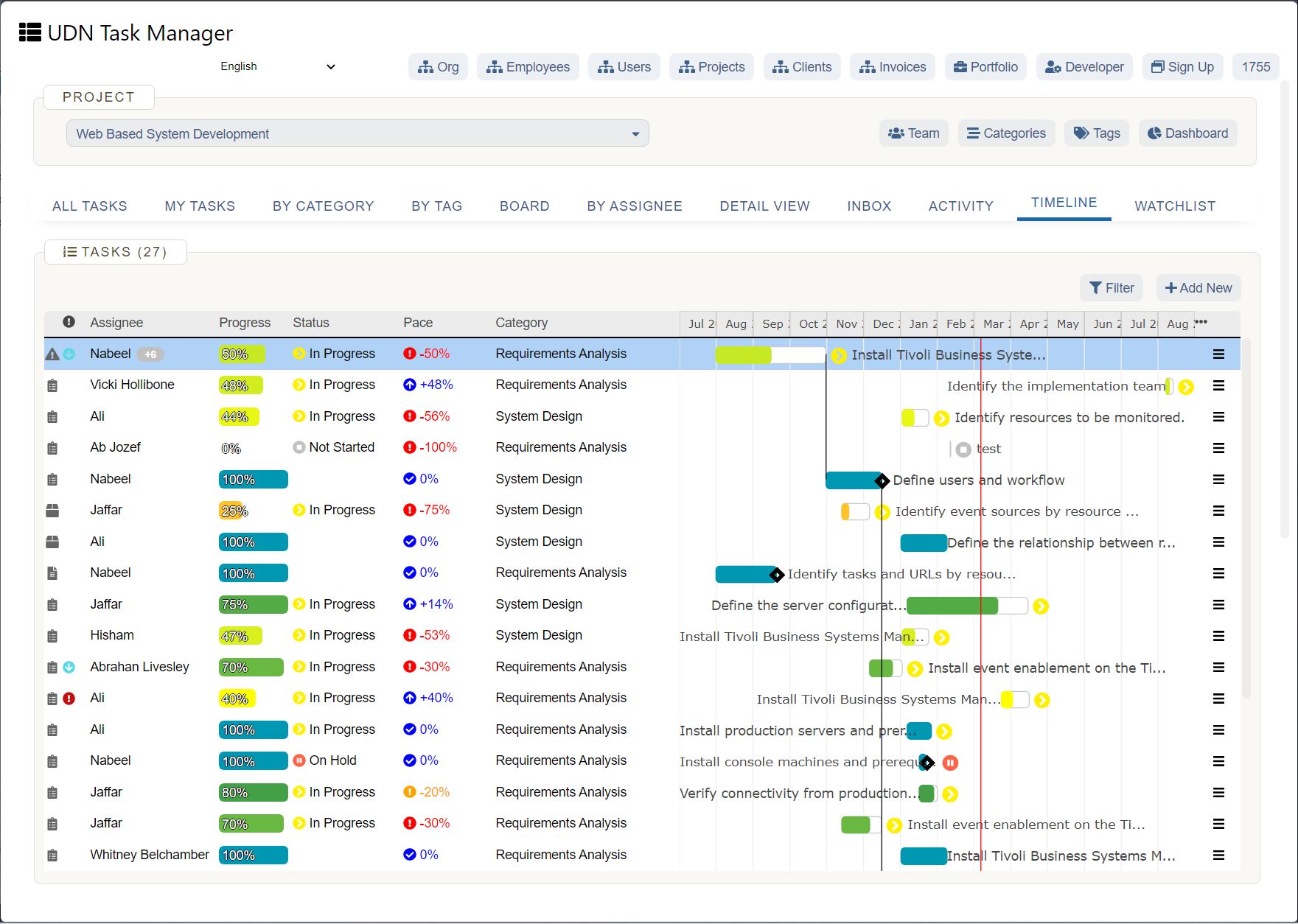
An employee’s manager and the HR team are key resources when an employee experiences the loss of a loved one. After an employee loses someone close to them, they are likely to reach out to their manager, the HR team, or both to make them aware of what they’re dealing with.
Whether you’re the employee’s manager or a member of HR, the first thing you should do when an employee notifies you of the death of a loved one is offer your genuine support and sympathy.
Don’t jump straight into the details of how that employee’s workload will get covered or time off logistics. Instead, focus on letting the employee know that you’re thinking about them and that work should be the last thing on their minds right now (much like what happened in this viral LinkedIn post ).
Once you’ve responded with sympathy, you should then share what bereavement leave options are available. Managers should loop in the appropriate HR team members to explain and discuss the bereavement leave policy and other need-to-know information for taking that important time off.
How do you support a colleague dealing with grief at work?
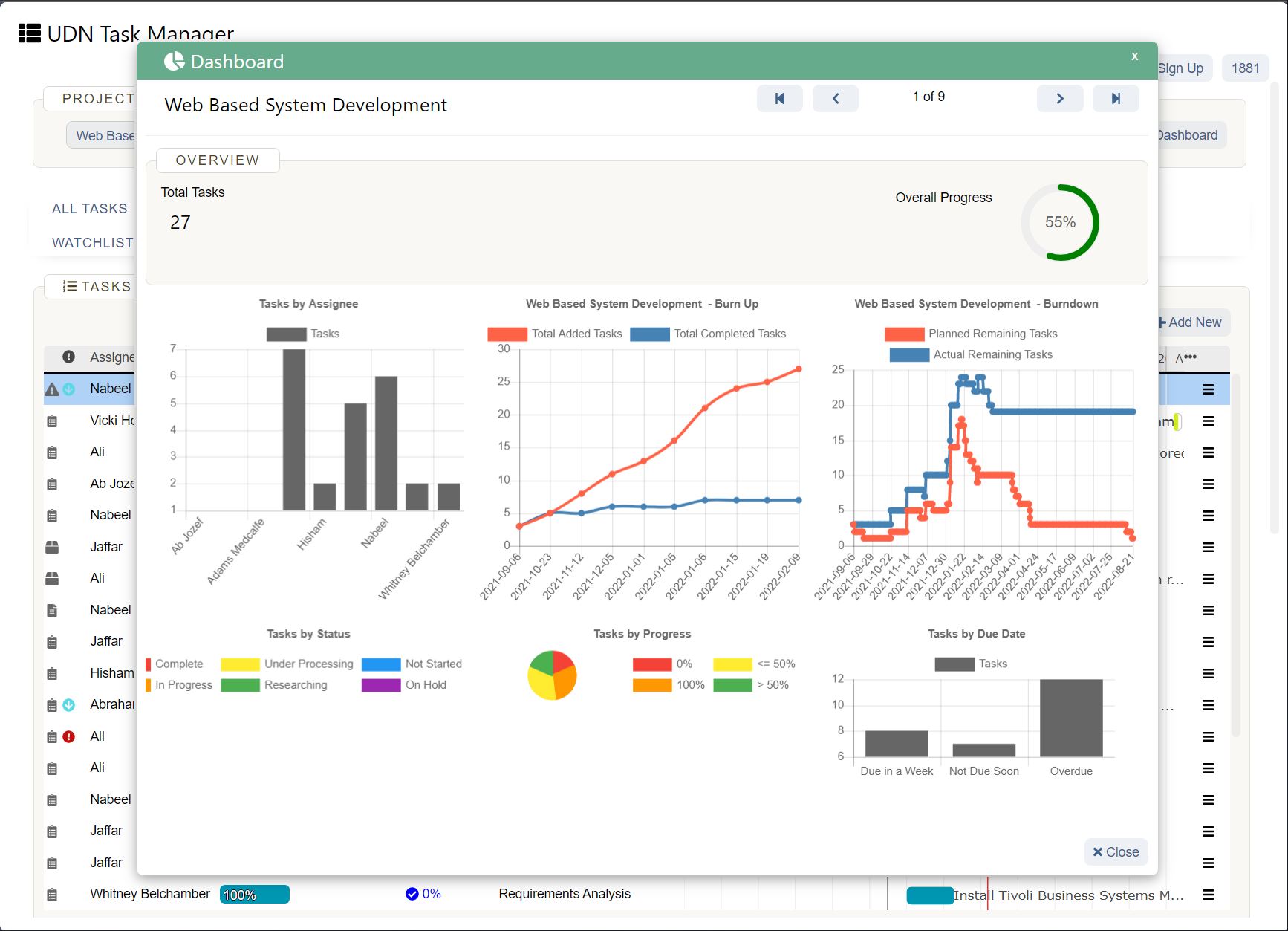
Supporting a grieving employee can be difficult. Many of us do our best to leave personal matters at the door at work, but grief is different and usually strikes beyond our control.
Acknowledge that grief is a powerful emotion and equip yourself with the skills and actions necessary to support a grieving colleague as best you can. Here are a few ways you can show your support.
You need to understand your company’s bereavement leave entitlement to communicate it to your colleagues. Many companies offer bereavement leave as a benefit to employees, but the conditions and guidelines around the leave may vary.
As with other company policies, your bereavement leave entitlement should be stated clearly in your employee handbook for you and your employees to reference. Your company bereavement leave entitlement should cover the following:
If you’ve ever struggled to come up with the right words to say to someone who is grieving , you aren’t alone. Knowing what to say to a coworker when someone they love passes can be challenging for you and your grieving colleague.
Keep it simple and show your support. If you’re unsure how to get the wording just right, try one of these simple but sympathetic phrases:
The death of a loved one is one of the top five most stressful life events, and your employee will need your support throughout the grieving process. It’s essential to show up with a level of sympathy for your coworker and be empathetic, especially when they talk to you about how they are feeling after the loss.
Express your condolences when the time is right, and try to avoid offering advice unless asked for it. When expressing your condolences, don’t compare your colleague’s loss to one of your own. While statements like “I know how you feel” might seem supportive, a grieving person may not find it helpful or supportive. Instead, when in doubt, be a solid active listener and offer support through empathy.
One of the best ways to show your support for a bereaved colleague is to communicate openly with them about taking time off for the death of a loved one. Through these conversations, you can identify how much time an employee might need off and if your company’s bereavement leave entitlement will cover that.
Some employees may choose to disclose the soon-to-be passing of a loved one before it happens if it’s expected. In any case, having open, continued conversations around taking time off – whether under a bereavement leave policy or through unpaid leave – can help your employees feel supported and take a weight off their shoulders as they handle personal matters in the aftermath of the loss.
Grief and bereavement are heavy, and for an employee working through a recent loss, grief is an ongoing process. No two people grieve the same way or at the same rate, so it’s essential to provide ongoing bereavement support to your employees to help them navigate the days ahead.
Some larger organizations offer an employee assistance program (EAP) as part of their benefits plan. EAPs generally offer confidential services and assessments, short-term counseling, and other mental health services to employees. These types of programs are provided by employers at no cost to employees and can be a great resource for delivering ongoing bereavement support. Know if your organization offers an EAP as part of its benefits so you can speak to this as a potential option of continuing grief support.
If your company doesn’t offer an EAP, you can talk to your employee about what they need from you as part of the bereavement process. Offer resources where possible to help take the burden of research off them.
Sometimes, an employee may need more time off than what’s covered by your bereavement leave policy. You can talk through various other time off options, including unpaid leave and the use of PTO in some cases. However, what happens once an employee is ready to return to work and may need some accommodations to ease the transition?
You can work with your employees and put their stress at ease by offering a flexible working environment. Consider allowing your employee to work part-time, adjust their hours, or work remotely for an extended period if they usually work in the office.
In many cases, most office jobs don’t require work to be done within a specific time frame except for scheduled meetings, which means you might have some wiggle room to offer to your employee. You can provide flexibility in various ways, so it’s important to talk to your employee about their specific needs. With a flexible schedule, your employee can continue to manage personal responsibilities while transitioning back to work without added stress .
Why is it beneficial to work with a colleague through their bereavement?
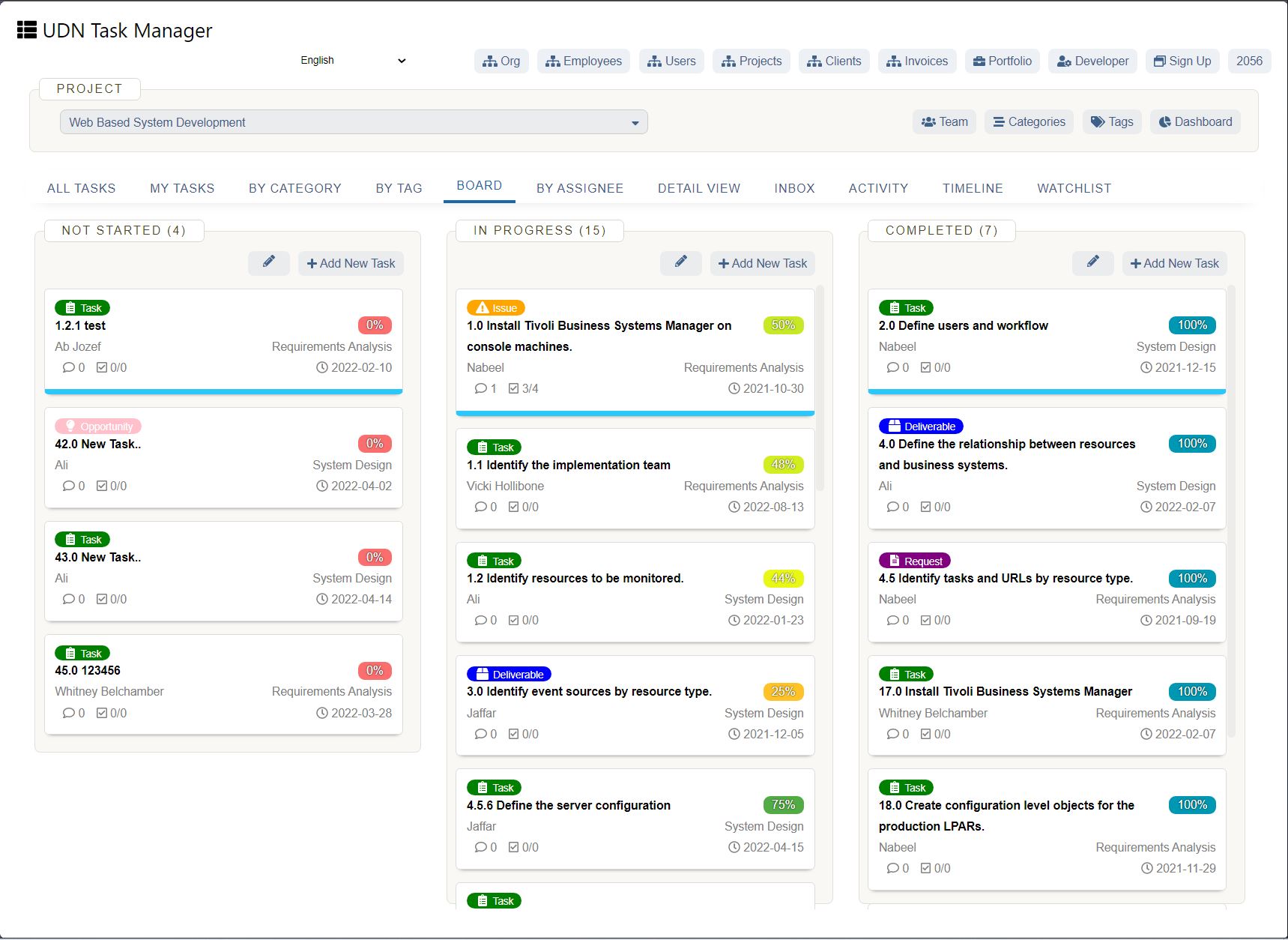
No matter how long an employee has been with your company, you’ve likely invested a significant amount of time and money recruiting, hiring, training, and onboarding them. A grieving colleague may even be one of the best performers within your organization.
There’s a large cost involved when it comes to losing your best talent , or any talent within your company for that matter. Not to mention that it wouldn’t make you or your company feel good to lose an employee during their loss and time of grief. It’s beneficial to work with a colleague through their bereavement so you can take turnover costs out of the picture and not cause any more stress for the bereaved.
Beyond having to pay to replace a grieving employee, creating a supportive environment will increase feelings of trust and can reinforce and improve your company culture. You can build trust with your bereaved employee by hearing their concerns, working with their schedule, and being there for them as they navigate life after loss.
At the same time, when other employees see how you take care of those walking through personal loss, you’re revealing a deep layer of your company culture and boosting morale . When you display a level of compassion for a grieving colleague, you send the message that you care about the well-being and mental health of your employees .
How to organize bereavement leave policies with UDN Task Manager
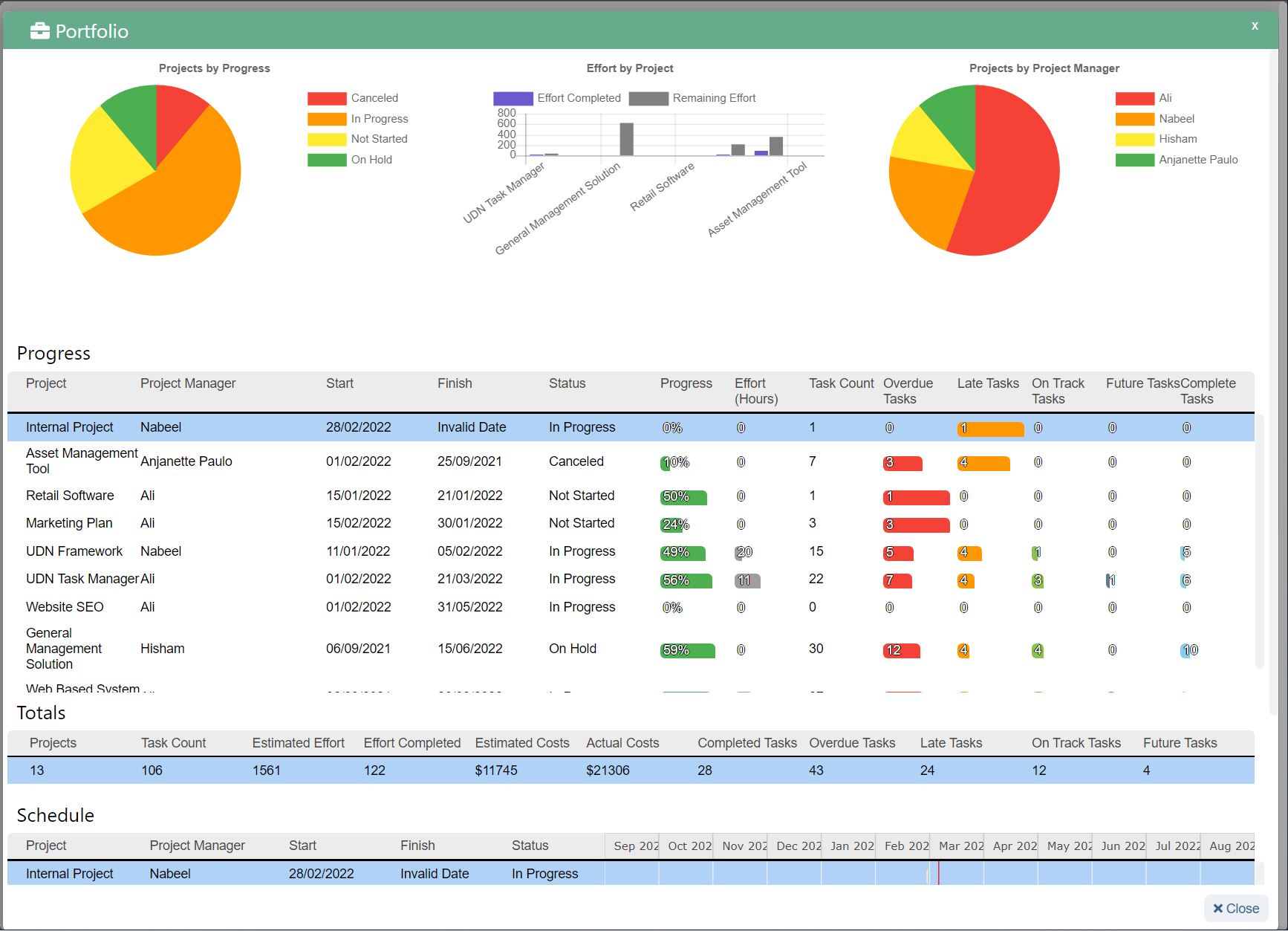
UDN Task Manager is a project management and communications tool that you can use to organize your bereavement leave policies. Using UDN Task Manager to help manage bereavement leave, you can:
Are you ready to simplify your bereavement leave practices and support your employees in the best way possible? Get started with a free trial of UDN Task Manager today.











